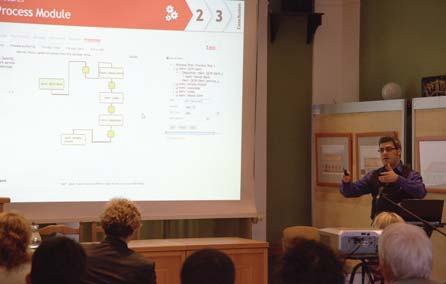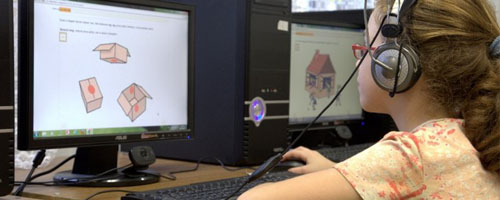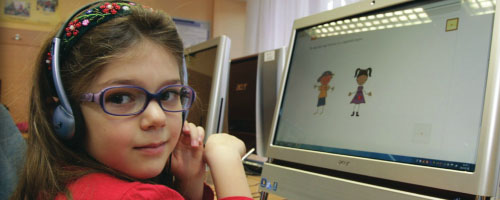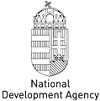Coordinator: Edit Tóth
 By the end of the 20th century, results of national assessments of competencies and international comparative studies had been built into the culture of Hungarian education and the release of results in their respective publications have become greatly anticipated events among the education-related professions. The results of OECD-PISA, IEA-TIMSS and IEA-PIRLS studies, for example, have enabled individual educational systems to compare their performance with other systems from a variety of perspectives, such as the identifi cation of changes and trends. Moreover, these competence assessment and international comparative studies provide valuable information for the improvement of the Hungarian system of measurement and evaluation. Since publications generally report only summative results, it is important that the complete data for these studies are made available so that researchers working in specialized areas can truly benefi t from in-depth analyses of the studies. Experts from individual countries are thus able to undertake secondary analyses of the data in an effort to illuminate problems specifi c to their own regions and circumstances.
By the end of the 20th century, results of national assessments of competencies and international comparative studies had been built into the culture of Hungarian education and the release of results in their respective publications have become greatly anticipated events among the education-related professions. The results of OECD-PISA, IEA-TIMSS and IEA-PIRLS studies, for example, have enabled individual educational systems to compare their performance with other systems from a variety of perspectives, such as the identifi cation of changes and trends. Moreover, these competence assessment and international comparative studies provide valuable information for the improvement of the Hungarian system of measurement and evaluation. Since publications generally report only summative results, it is important that the complete data for these studies are made available so that researchers working in specialized areas can truly benefi t from in-depth analyses of the studies. Experts from individual countries are thus able to undertake secondary analyses of the data in an effort to illuminate problems specifi c to their own regions and circumstances.
The objective of this sub-project is to undertake secondary analyses of a similar kind. Data-bases of Hungarian and international assessments are collected and analyses relevant to the development of the Hungarian educational system will be carried out. This work will include the application of a number of statistical procedures that have not yet been widely applied in Hungary, if at all. These analyses will highlight those aspects of Hungarian student achievement which are satisfactory in relation to their international peers and those which are in need of improvement. Data relevant to problems existing in the Hungarian school system will be extracted and compared to those of countries that suffer much less from these problems. The outcomes of this work will be made available for the professional public.
The basic condition of the computer-based assessment is that the adequest technical appliances are avaliable in each and every school. Therefore, the project involves the definition of the minimum requirements and conditions necessary for the online assessment, and also the examination of the equipment, opportuniuties and of the competence of the staff concerned.










